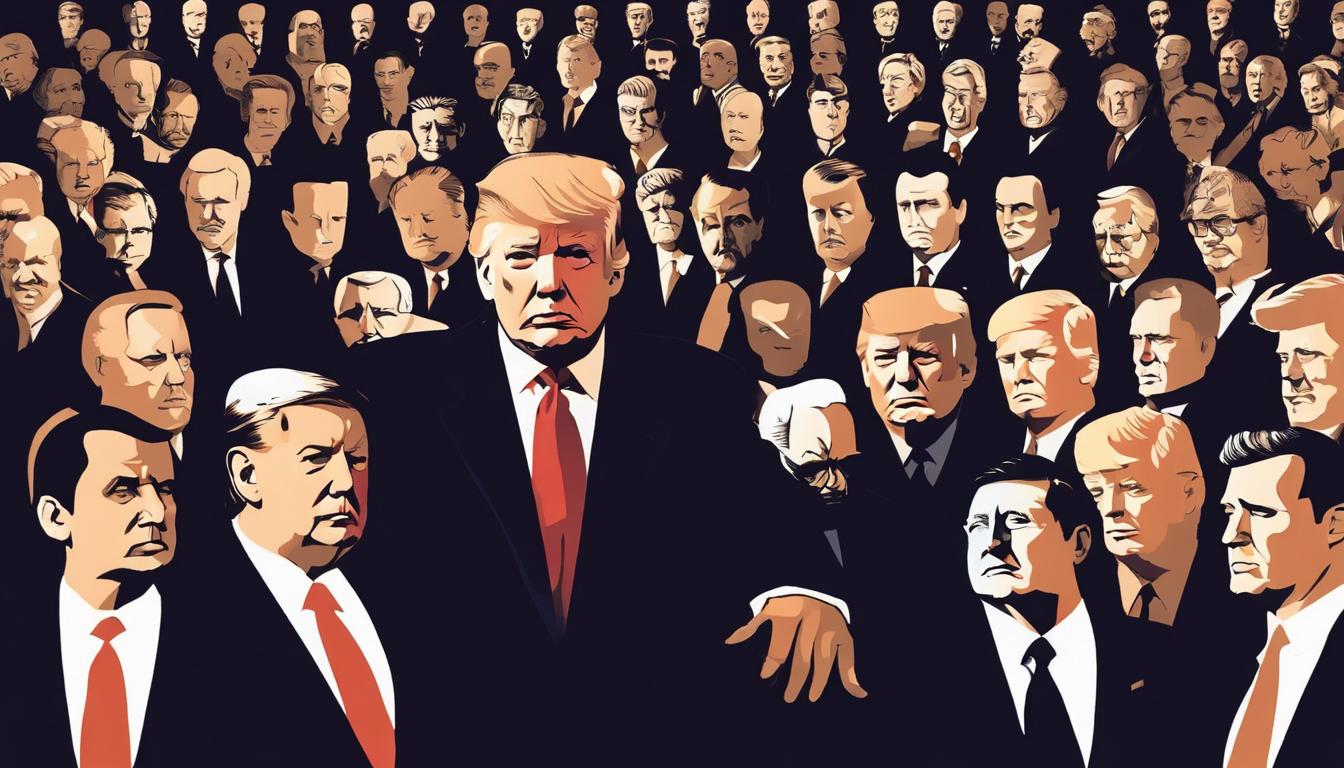Former US President Donald Trump’s reported affinity for authoritarian leaders, including his alleged remarks on Adolf Hitler’s policies, raises concerns about his leadership style and potential implications for US foreign policy and democratic values.
Former US President Donald Trump’s affinity for authoritarian leaders and dictators has become a point of contention. Recently, allegations have surfaced that Trump has expressed admiration for figures such as Hungary’s Viktor Orban, Saudi Prince Mohammed bin Salman, and China’s President Xi Jinping. Furthermore, Trump’s former chief of staff, John Kelly, disclosed that Trump once made favorable remarks about Adolf Hitler, specifically mentioning his economic policies. Such statements have fueled concerns over Trump’s approach to leadership and his preference for strongman governance.
In addition to these controversial claims, Trump has suggested that if re-elected, he would pardon individuals involved in the January 6 Capitol attack, referring to them as “hostages.” This statement aligns with his previous insinuations about adopting a more autocratic role should he return to office. Trump has also been vocal about his plans for oil and gas drilling and border security as strategies to combat inflation.
TikTok, a social media platform owned by Chinese company ByteDance, has come under scrutiny due to concerns over data security and its ties to the Chinese government. With 150 million monthly active users in the US, the app’s Chinese ownership has raised alarms among politicians and regulators, leading to discussions about its future in the country. Former President Trump had previously attempted to ban the app, amidst ongoing debates over national security risks.
Late-night presenter Seth Meyers addressed the allegations of Trump’s praise for Adolf Hitler, expressing disbelief and highlighting Trump’s history of supporting dictators. The allegations, which have been denied by Trump’s spokesperson and condemned by the White House, continue to spark debate and concern over Trump’s affiliations and attitudes towards authoritarian figures.
The situations encapsulate a broader issue regarding Trump’s connections with controversial leaders and his potential impact on US foreign policy and democratic principles. With ongoing developments, the discussion around Trump’s actions and statements reflects a divided opinion on his leadership approach and its implications for global politics.













